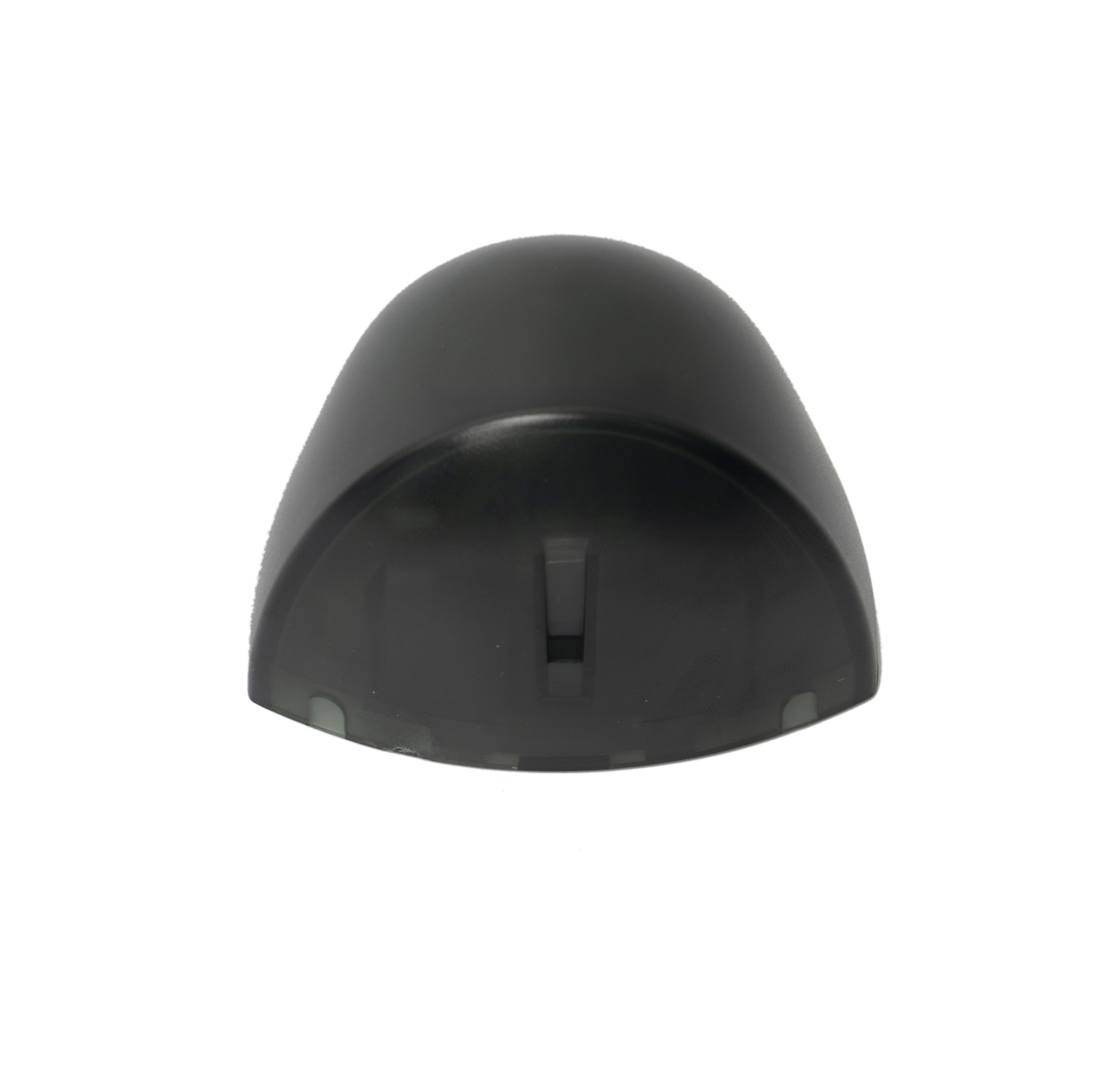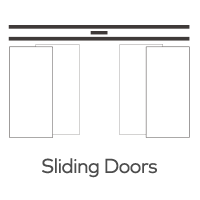Are automatic revolving door sensors sensitive to changes in weather conditions?
Automatic revolving doors have become an integral part of modern architecture, offering not only a touch of sophistication but also practical benefits like energy efficiency, security, and smooth traffic flow. These doors are equipped with sensors that play a vital role in their operation. However, one question often arises: Are these sensors sensitive to changes in weather conditions? In this article, we will explore the impact of weather on the performance of automatic revolving door sensors.

Understanding the Sensors in Automatic Revolving Doors
Before delving into the impact of weather, it's essential to understand the types of sensors commonly used in automatic revolving doors. These sensors include:
1. Motion Sensors: Motion sensors, such as infrared, ultrasonic, and microwave sensors, are used to detect the presence of people approaching the door. They trigger the door's movement when someone is nearby.
2. Presence Sensors: Presence sensors, like safety beams and pressure mats, are designed to ensure the door's safety. They detect objects or individuals inside the door's chambers, preventing the door from closing on them.
3. Access Control Systems: These systems, including card readers and biometric scanners, are integrated to enhance security. They control access to the building based on the user's authorization.
4. Push-Button Sensors: Push-button sensors allow manual control of the door, typically used by individuals with mobility issues or those who prefer manual operation.
Impact of Weather Conditions
Weather conditions can indeed have an impact on the performance of sensors in automatic revolving doors. Let's explore how various weather conditions can affect these sensors:
1. Rain and Moisture: Rain and moisture can potentially affect the functioning of sensors, especially those exposed to the elements. Sensors like infrared and ultrasonic motion sensors may have reduced effectiveness when rain droplets obstruct their beams. This can lead to false readings or, in extreme cases, temporarily disable the sensors. To counter this, sensors are often designed with protective enclosures and seals to prevent water infiltration.
2. Extreme Temperatures: Extreme heat or cold can also influence sensor performance. In very cold conditions, the sensors might respond differently due to changes in the materials' properties. High temperatures could cause thermal drift, impacting sensor accuracy. However, these effects are typically minimal in well-designed systems.
3. Snow and Ice: Snow and ice accumulation on sensor surfaces can obstruct sensor functionality. Safety beams, for instance, can become less effective when covered in snow, potentially leading to accidental door stops or reversing.
4. Windy Conditions: Strong winds can create turbulence and alter the airflow around the revolving door. This can affect motion sensors' ability to detect approaching individuals accurately. Advanced systems are designed to account for wind disturbances, maintaining sensor accuracy.
5. Dust and Debris: Dust and debris carried by wind or present in the environment can accumulate on sensor surfaces, affecting their performance. Regular maintenance and cleaning are essential to ensure sensors function optimally.
Conclusion
Automatic revolving doors are equipped with sensors that significantly enhance convenience, security, and energy efficiency. While weather conditions can have an impact on sensor performance, the impact is typically minimal when these systems are well-designed and properly maintained. Weather-resistant materials, protective enclosures, and advanced technologies are often employed to mitigate the effects of various weather conditions on sensors.
Overall, automatic revolving door sensors are engineered to ensure reliable operation in diverse environments and weather conditions, providing a seamless and secure entry and exit experience for users. Regular maintenance and appropriate sensor design are key factors in ensuring their consistent performance, regardless of the weather.







